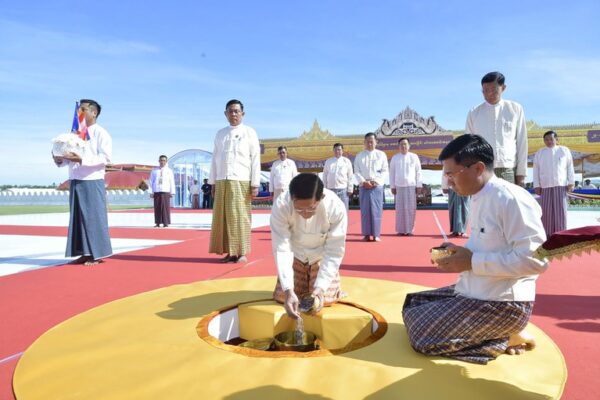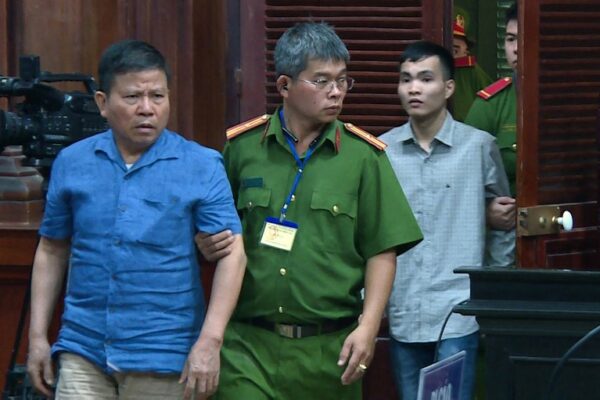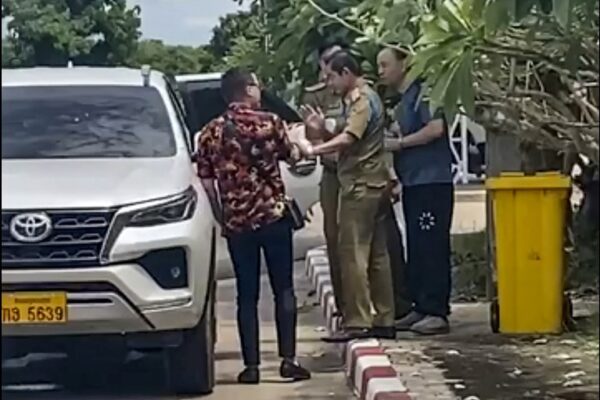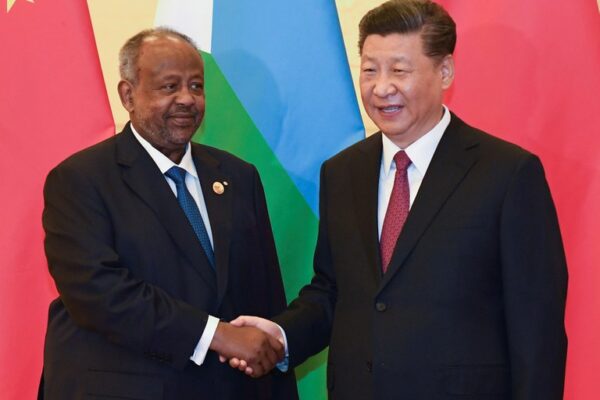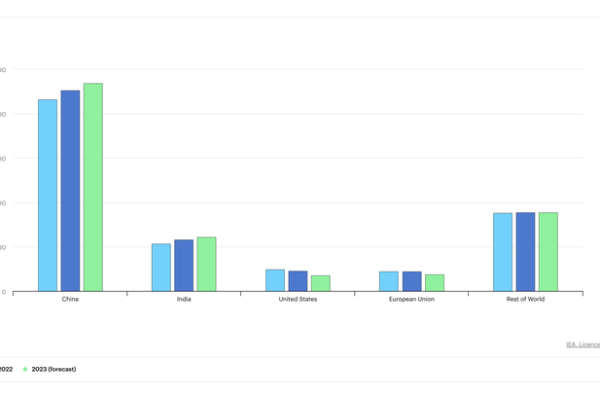Christian deacons presumed dead after abduction by Myanmar military in Chin state
Three Christian deacons abducted by Myanmar junta troops in mid-July on allegations that their church was involved in supporting an anti-regime armed group are believed to be dead, while a pastor detained with them escaped and is receiving treatment for his injuries, a local official said Wednesday. On July 16, soldiers from the Khalaya 274 Battalion based in Mindat, a town in western Myanmar’s Chin state, abducted pastor Htang Kay On, and the three clergymen — Chai Kay, Hon Chway and Hon Kay — from the nearby Presbyterian Christian church compound in the town’s western quarter. Yaw Man, a spokesman for the Mindat People’s Administration Team, told Radio Free Asia that he received information that the three deacons died during interrogation by soldiers. Mindat residents set up the team because they do not recognize the authority of Myanmar’s military government. The troops also interrogated, beat and tortured the pastor. Believing him to be dead after he passed out, the soldiers threw him into a ditch near the military base two days later. When he regained consciousness, the pastor ran away. Htang Kay On now is receiving medical treatment in a safe place, Yaw Man said. Largely Christian Chin state, along with Sagaing region in the north and Kayah state in the east, have been hotbeds of armed resistance since the military illegally seized control from the elected government in a February 2021 coup. The regime has been unable to control these areas since then. Visits to military base Relatives of the three missing deacons held a prayer service for them on July 30, said a local resident close to the families. “As we are Christians, we pray for them in our ways, trying to console the families that they will return to them in good health,” the person said. Soldiers allowed a temporary refugee camp to be opened inside the church, which is near their military base, locals said. But when troops saw motorcycles in the church compound, they believed that the clergymen were supporting the Chinland Defense Force, or CDF, a rebel group formed in response to the 2021 coup to protect Chin state from the military junta. Other religious leaders and city elders went to the military base to ask about the three deacons, but soldiers said they had been detained for questioning, Yaw Man said. During another visit, the soldiers said the deacons were no longer there, according to local residents. “Everyone saw they had been abducted by them and taken to their base,” he told Radio Free Asia. “People who live near the military base overheard the sound of them being tortured. What did they mean that they were no longer there?” When people requested that the soldiers give them the bodies of the deacons for funeral services if they had died, the troops insisted they were no longer there. “If we consider the situation, I will have to say that they have died,” said Yaw Man. “But we haven’t heard anything about them so far.” ‘Peaceful religious leaders’ RFA asked the deacons’ relatives about the situation, but they declined to answer questions for fear of their safety and because they were grieving for the clergymen. The military has not released any information about the pastor or the three deacons. Thant Zin, Chin state’s military spokesman and social affairs minister, did not respond to phone calls from RFA. An official for Mindat’s multi-Christian churches told RFA that the illegal arrest and torture of the clergymen were “unacceptable in terms of human rights, the existing laws or religion.” Salai Mang Hre Lian, program manager of the Chin Human Rights Organization, also said the arrest of the civilian church leaders was a flagrant violation of human rights. “There is no proof that they were members of the CDF or an armed militia,” he said. “They were peaceful religious leaders who were helping war-torn refugees in the church designated for them by the military council.” “Religious leaders and unarmed people should not be arrested and killed for any reason,” he said. Soldiers have killed seven Christian ministers in Chin state since the coup, arrested 14 people, and damaged or destroyed over 70 Christian religious buildings, including churches, according to the Chin Human Rights Organization. Translated by Myo Min Aung for RFA Burmese. Edited by Roseanne Gerin and Matt Reed.

